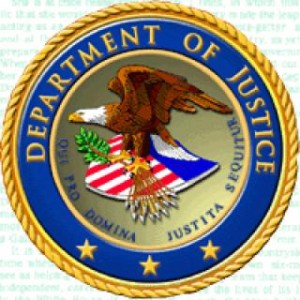MARYLAND
Mubashar Choudry, M.D., and three medical practices —Washington Cardiovascular Institute, Advanced Vascular Resources, and Washington Vascular Institute — have agreed to pay $750,000 to resolve False Claims Act allegations, federal officials announced Friday.
Choudry and his associated medical practices knowingly billed Medicare and TRICARE for claims in violation of the Anti-Kickback Statute (AKS), the Department of Justice alleges.
Choudry is a cardiologist who has treated patients in Maryland and Washington, D.C. for peripheral arterial disease.
The agreement resolves allegations brought by Steven Pringle, a former sales and operations employee of the practices, under the qui tam, or whistleblower, provisions of the False Claims Act,
The act permits private parties to sue on behalf of the government for false claims and to receive a share of any recovery.
As part of this settlement, Pringle will receive $121,500 as his share of the government’s recovery.
The AKS prohibits the payment of any remuneration to induce the referral of services or items that are paid for by a federal healthcare program, such as Medicare and TRICARE.
“Kickback schemes like the scheme alleged in this case not only call into question the integrity of individual medical decisions, but they also raise the cost of health care for all of us,” said U.S. Attorney Robert K. Hur for the District of Maryland. “Patients deserve care based on a doctor’s sound medical judgment, not the doctor’s personal financial interest.”
The settlement resolves allegations that, between Jan. 1, 2013 and Dec. 31, 2016, Choudry, Washington Cardiovascular Institute, Advanced Vascular Resources, and Washington Vascular Institute submitted, or caused, false claims in violation of the AKS.
Specifically, the defendants allegedly induced patient referrals by providing ankle-brachial index testing on patients under agreements with the referring physicians but without collecting from the physicians the fair market value for the tests.
Ankle-brachial index testing is used to detect peripheral arterial disease, which Choudry and the practices would treat.


